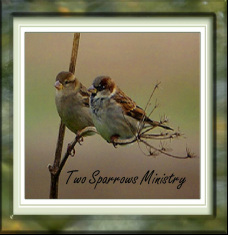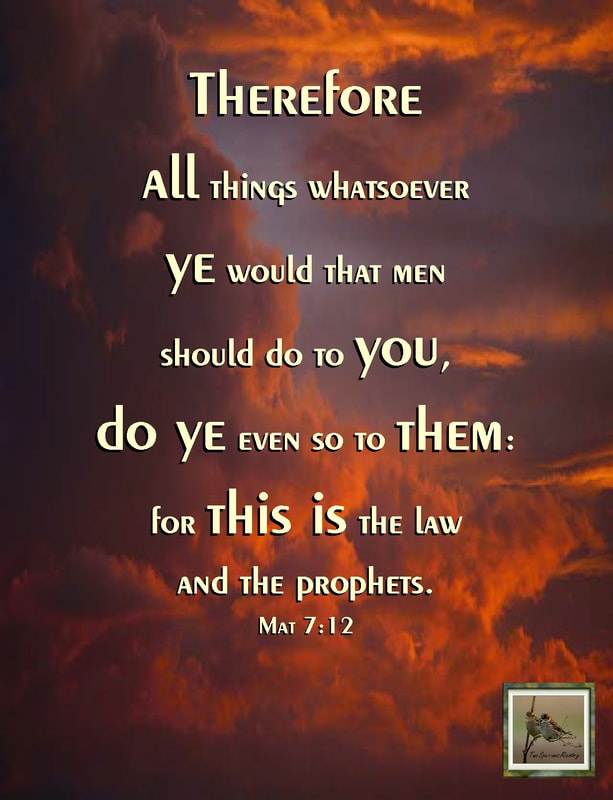Memory verse: 4:15
James is again coming back to the subject of wealth and pride. Where had he addressed it previously? (James 1:9-10)
Earlier, James encouraged a person poor (in money) to take pride in his position as a believer and a wealthy person to take pride in trials that bring him low and perhaps take away some or all of his wealth. Basically, he is saying "take pride in your beliefs, not in your wealth."
From the verses in toward the end of Chapter 4, do you get the impression that James is opposed to planning?
You might get that impression. But I don't think James is saying that planning is bad, rather he saying not to count on your plans coming to pass. Probably they will, but maybe they won't. As we see in many places, only if it is God's will, will your plans come to pass (Psalm 37:5, Proverbs 27:1, Luke 12:18-20, Acts 18:21).
Is he opposed to making a profit?
No. He is speaking out against you taking credit for your plans and boasting of them (verses 4:16-17, 1 Corinthians 5:6).
What is his message to these businessmen?
Because the Holy Spirit is in you, you know what you ought to do (vs 4:17). Follow the leading of the Holy Spirit and not that of men.
What did Jesus teach similarly? (Luke 12:16-21)
A warning about making your own plans and trying to store up worldly wealth.
Have you ever worried about money?
Of course. Who hasn't?
What assurance did Jesus give us? (Matthew 6:25-27)
Don't worry about things. God will take care of you and all your worries will not add a single moment to your life.
When James speaks of 'mist' in Verse 4:14, he is referring to Hosea 13:3. Why?
In speaking of people who disobey the Lord and worship idols, Hosea says "they will disappear like the morning mist..." This is a very important cross reference which leads us to the next question.
What is the sin that these businessmen are practicing?
They are worshiping their own plans and wealth as an idol, as their God. They are disobeying the first and greatest commandment. (Mark 12:29-30)
Notice that James moves directly from the sin of boasting (a sin of commission) to another type of sin in Verse 4:17. What is it?
Not listening and following the Holy Spirit that is in you (a sin of ommission).
Did Jesus address such sins in his teaching? (Matthew 23:23-24)
Basically, Jesus is saying, if you know the right thing to do, DO IT! See also Luke 12:47 and John 9:41.
James is speaking to two distinct audiences. Who are they?
In the first four chapters, James is addressing all Jewish Christians. But the first six verses in Chapter 5 are specifically adressed to wealthy Jews who he considers to be "rich oppressors." These six verses are written similarly to Old Testament verses that address pagans, so it is likely that these Jews are not Christians.
At the start of Chapter 5, James seems to change his tone. How would you describe it now?
A direct and harsh warning.
He certainly does not hold back his feelings. Why?
He is very concerned about these people because first, they are not believers and second, they are oppressing others and believe only in themselves and their wealth.
Is he opposed to wealth?
No. It is not money per se that corrupts, but the love of money. (1 Timothy 6:10, Hebrews 13:5)
What is his concern?
That they will be corrupted by their wealth. That it will become their idol, their God. That hoarding money will testify against them in the day of judgement. (1 Timothy 4:1, 2 Timothy 3:1, 1 John 2:18)
What is his message to us 21st century Christians?
Exactly the same as it was to those in the first century. Don't let the love of money become your idol. In the end, you will be judged by God and your wealth won't matter a mite, but how you have used it will.
What was Jesus' teaching in the Sermon on the Mount on the subject of wealth?" (Matthew 6:19-21)
Come on now, you really don't need me to explain this one.
As a believer, where is our treasure?
Our treasure is in heaven. Anything done in this life that has eternal value. In this context, it specifically refers to using ones material wealth for good causes.
How can we live with that belief in the world today?
Note: A 2009 teaching for Teen Challenge; written for a classroom setting.








